By Film Noir Blonde and Mike Wilmington
The Film Noir File is FNB’s guide to classic film noir, neo-noir and pre-noir on Turner Classic Movies (TCM). All movies below are from the schedule of TCM, which broadcasts them uncut and uninterrupted. The times are Eastern Standard and (Pacific Standard).
Pick of the Week
“Pitfall” (1948, André De Toth). 4:15 p.m. (1:15 p.m.) Monday, Aug. 25. De Toth was a sometime master at exposing the swamps of terror that could lie beneath the routines of everyday middleclass life. In this scary little noir quadrangle thriller, Dick Powell, who was one of the better Philip Marlowes, is a sort of lower echelon Walter Neff – an insurance man leading an apparently happy (if slightly dull) life who gets involved with a criminal’s sultry girlfriend (Lizabeth Scott). Jane Wyatt is Powell’s sweet bourgeois wife and Raymond Burr is an evil, lecherous private eye, who pulls all of them onto the dark side. That’s a terrific cast, noir to the hilt, and De Toth’s grim, methodical style is ideal for the cynical, unsparing James Cain-ish subject matter.
This pungent little film noir sleeper is part of Dick Powell Day. (Also showing on the big screen Friday night in Westwood: see previous post.)
Friday, Aug. 22: Audrey Hepburn Day
6 p.m. (3 p.m.): “Wait Until Dark” (1967, Terence Young). With Audrey Hepburn, Alan Arkin, Richard Crenna and Jack Weston. Reviewed in FNB on Dec. 12, 2012.
Saturday, Aug. 23: Ernest Borgnine Day
1 p.m. (10 a.m.): “Bad Day at Black Rock” (1955, John Sturges). With Spencer Tracy, Robert Ryan, Walter Brennan, Ernest Borgnine and Lee Marvin. Reviewed in FNB on April 7, 2012.
Sunday, Aug. 24: Gladys George Day
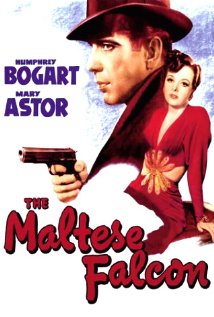 10 a.m. (7 a.m.): “Flamingo Road” (1949, Michael Curtiz). With Joan Crawford, Zachary Scott, Sydney Greenstreet and Gladys George. Reviewed in FNB on Oct. 19, 2012.
10 a.m. (7 a.m.): “Flamingo Road” (1949, Michael Curtiz). With Joan Crawford, Zachary Scott, Sydney Greenstreet and Gladys George. Reviewed in FNB on Oct. 19, 2012.
6 p.m. (3 p.m.): “The Roaring Twenties” (1939, Raoul Walsh). Ace newsman Mark Hellinger produced this punchy chronicle of three World War I vets, (explosive outlaw James Cagney, bad guy Humphrey Bogart and good guy Jeffrey Lynn) and their lives during Prohibition times and the gangster era after the war. It’s engrossing, exciting and salty as the best Walsh, Bogart and Cagney always are. Also with Priscilla Lane and Gladys George.
8 p.m. (5 p.m.). “The Maltese Falcon” (1941, John Huston). With Bogart, Mary Astor, Greenstreet, Peter Lorre, Elisha Cook, Jr., Ward Bond and George.
1:15 a.m. (10:15 a.m.). “He Ran All the Way” (1951, John Berry). With John Garfield, Shelley Winters and Wallace Ford. Reviewed in FNB on Dec. 4, 2013.
Monday, Aug. 25: Dick Powell Day
4:15 p.m. (1:15 p.m.): “Pitfall” (1948, André De Toth). See Pick of the Week.
9:15 p.m. (6:15 p.m.): “Murder, My Sweet” (1944, Edward Dmytryk). With Powell, Claire Trevor, Anne Shirley and Mike Mazurki.
3 a.m. (12 a.m.): “The Tall Target” (1951, Anthony Mann). With Powell, Adolphe Menjou, Paula Raymond and Ruby Dee. Reviewed in FNB on My 6, 2013.
Wednesday, Aug. 27: Edmond O’Brien Day
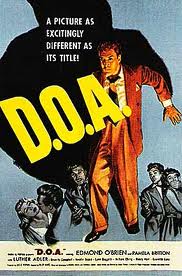 8 a.m. (5 a.m.): “The Hitch-Hiker” (1953, Ida Lupino). With Edmond O’Brien, Frank Lovejoy and William Talman. Reviewed in FNB on June 6, 2013.
8 a.m. (5 a.m.): “The Hitch-Hiker” (1953, Ida Lupino). With Edmond O’Brien, Frank Lovejoy and William Talman. Reviewed in FNB on June 6, 2013.
6 p.m. (3 p.m.): “White Heat” (1949, Raoul Walsh). With Cagey, Virginia Mayo, O’Brien and Steve Cochran. Reviewed in FNB on March 10, 2012.
8 p.m. (5 p.m.): “D.O.A.” (1950, Rudolph Maté). With O’Brien, Pamela Britton and Luther Adler.
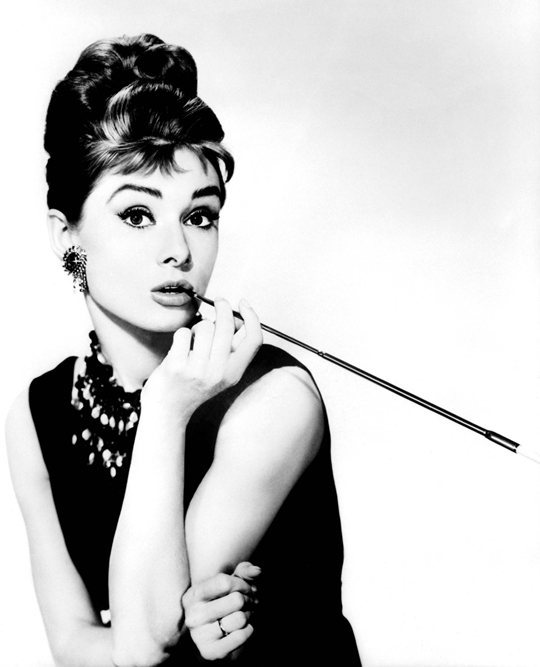
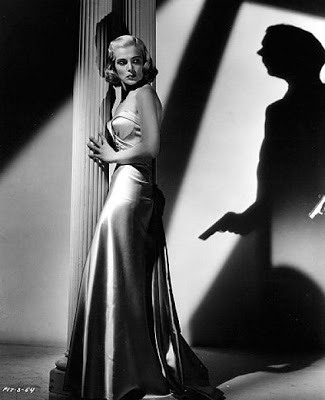





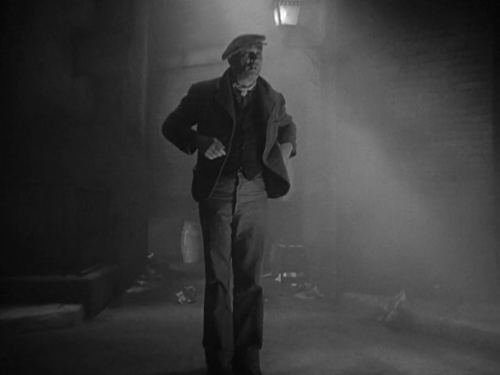
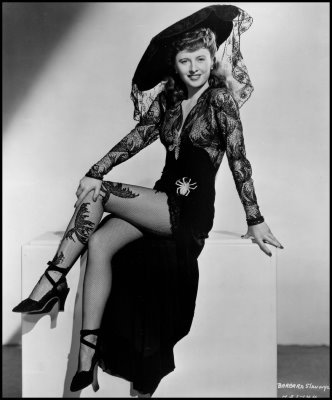


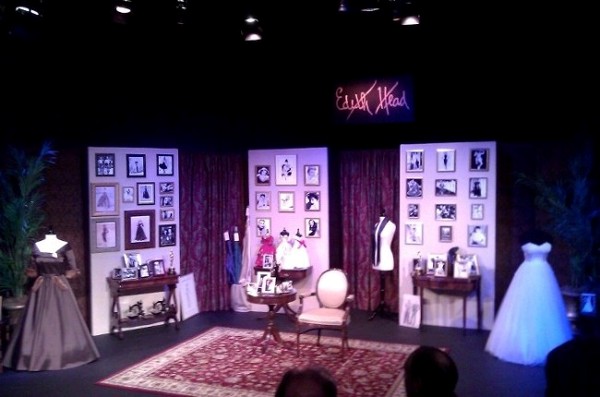
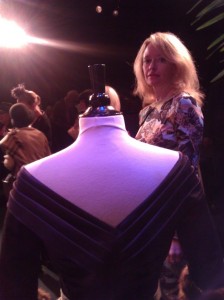
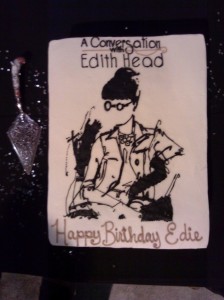





From FNB readers